Nootropics for Motivation: Boost Your Drive

Nootropics for Motivation: Igniting Your Inner Drive
Motivation, the force that propels us toward goals, can sometimes wane. Nootropics, substances that enhance cognitive function, offer a potential solution for boosting motivation by influencing neurotransmitter systems in the brain. Specifically, they can promote healthy dopamine levels, crucial for drive, focus, and a sense of accomplishment. This article explores the best nootropics for motivation, how they work, and crucial safety considerations.
Understanding the Science of Motivation and Dopamine
Dopamine, often dubbed the “motivation molecule,” plays a pivotal role in the brain’s reward system. This complex network reinforces behaviors that lead to pleasure and satisfaction. Balanced dopamine levels create a virtuous cycle of reward, pleasure, and sustained motivation. Conversely, a dopamine deficiency can manifest as apathy, anhedonia (loss of pleasure), decreased energy, and, in some cases, addictive tendencies. Therefore, targeting dopamine pathways is a key strategy for improving motivation with nootropics.
Top Nootropics for Enhanced Motivation
Numerous nootropics show promise in boosting motivation, each working through distinct mechanisms to optimize brain function and neurotransmitter levels.
N-Acetyl L-Tyrosine (NALT):
Mechanism of Action: NALT is a highly bioavailable form of the amino acid L-Tyrosine. Tyrosine serves as a direct precursor to dopamine, norepinephrine, and epinephrine. By supplementing with NALT, you provide the brain with readily available building blocks for these crucial neurotransmitters, especially under stressful conditions that can deplete them. Thus, NALT supplementation may increase motivation, focus, and resilience to stress.
L-Theanine:
Mechanism of Action: L-Theanine, an amino acid primarily found in green tea, crosses the blood-brain barrier, exhibiting several neuroprotective effects. Crucially, it modulates neurotransmitter activity, including promoting the release of dopamine and serotonin. Furthermore, L-Theanine promotes relaxation without inducing drowsiness, which can enhance motivation by reducing anxiety and improving overall mood. It also modulates alpha brainwave activity, enhancing creativity and focus. This makes it a versatile nootropic for motivation.

View Product
Rhodiola Rosea:
Mechanism of Action: Rhodiola Rosea is a potent adaptogenic herb, meaning it helps the body adapt to stress. It influences dopamine levels by promoting its synthesis and potentially increasing the sensitivity of dopamine receptors. Additionally, it improves energy levels, reduces mental fatigue, and enhances cognitive function, all contributing to increased motivation. Its adaptogenic properties ensure it helps to maintain homeostasis, unlike some stimulants.

View Product
Citicoline (CDP-Choline):
Mechanism of Action: Citicoline, also known as CDP-Choline, is a naturally occurring compound that plays a vital role in brain health. It supports dopamine activity by increasing the synthesis of phosphatidylcholine, a major component of cell membranes, which is crucial for neuronal function. It is converted to choline and cytidine, where choline is a precursor to acetylcholine, improving memory and focus, and cytidine converts to uridine, important for brain energy production. Citicoline enhances various aspects of cognition, including energy, focus, and memory, thereby indirectly boosting motivation.
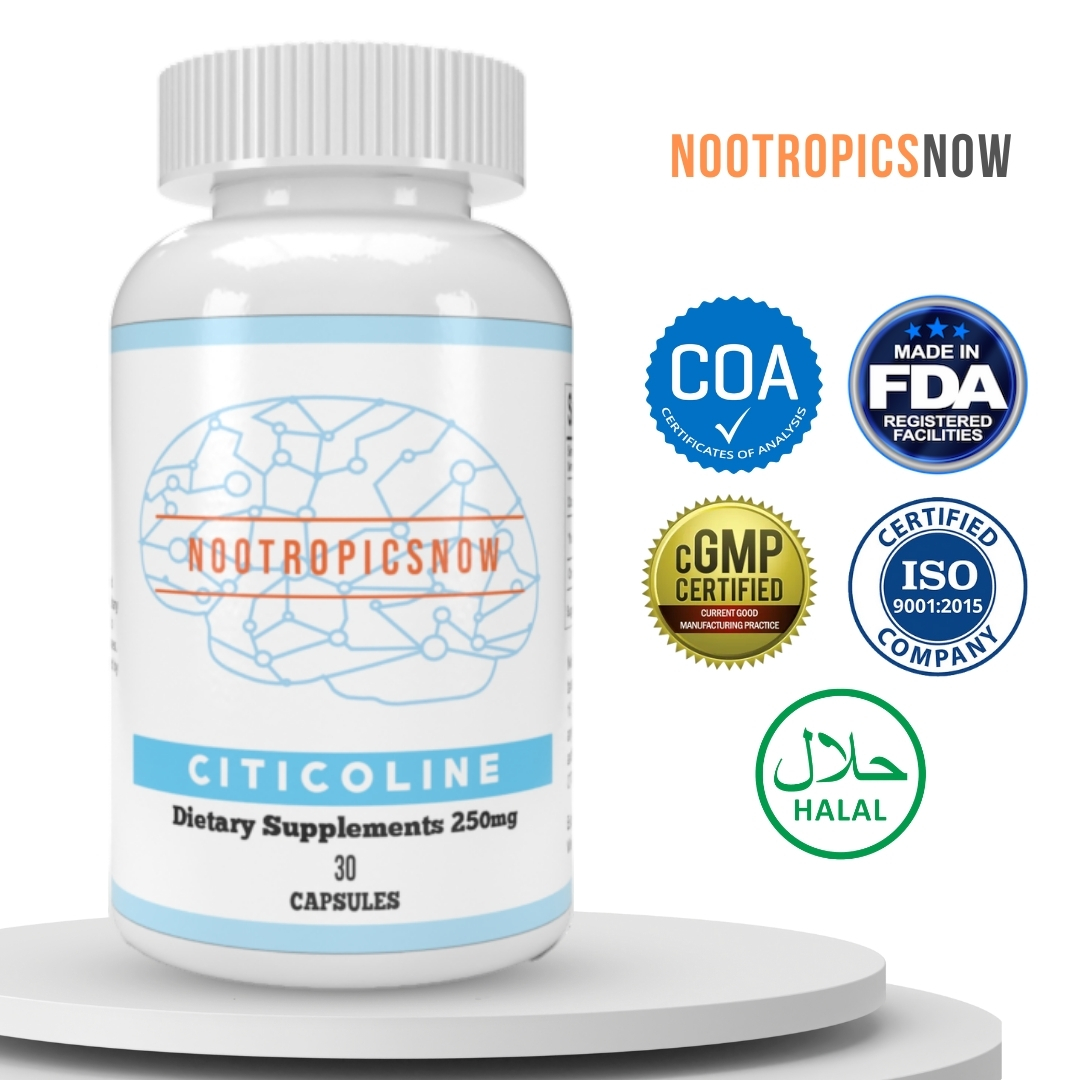
View Product
Lion’s Mane Mushroom:
Mechanism of Action: Lion’s Mane is a medicinal mushroom renowned for its cognitive-enhancing and neuroprotective properties. It stimulates the synthesis of Nerve Growth Factor (NGF), a protein that promotes the growth and survival of neurons. The promotion of NGF production leads to enhanced neuroplasticity, better memory, and improved mood, and it is thought to help restore dopamine levels. Lion’s Mane can promote mental clarity and motivation by optimizing brain health and neuronal function.

View Product
Caffeine:
Mechanism of Action: Caffeine is a widely consumed stimulant known for its alertness-boosting effects. It works by blocking adenosine receptors, which reduces the feeling of tiredness and enhances the activity of dopamine and other neurotransmitters. It can boost alertness, energy, and motivation; however, high doses can lead to dependence, anxiety, and other undesirable side effects. Thus, moderation is key when using caffeine as a motivational nootropic.
Bacopa Monnieri:
Mechanism of Action: Bacopa Monnieri helps enhance cognition by reducing anxiety and stress which can hinder motivation.

View Product
Other Promising Nootropics for Motivation
Beyond the top contenders, several other nootropics demonstrate potential for enhancing motivation, often with unique mechanisms and benefits.
Noopept:
Mechanism of Action: Noopept is a synthetic peptide-derived nootropic with potent cognitive-enhancing effects. It increases Brain-Derived Neurotrophic Factor (BDNF), a protein crucial for neuronal growth and survival. Additionally, Noopept stimulates dopamine, nicotinic, and serotonin receptors, influencing multiple neurotransmitter systems simultaneously. This comprehensive action boosts energy, cognition, memory, logical thinking, mood, and motivation, making it a versatile option.
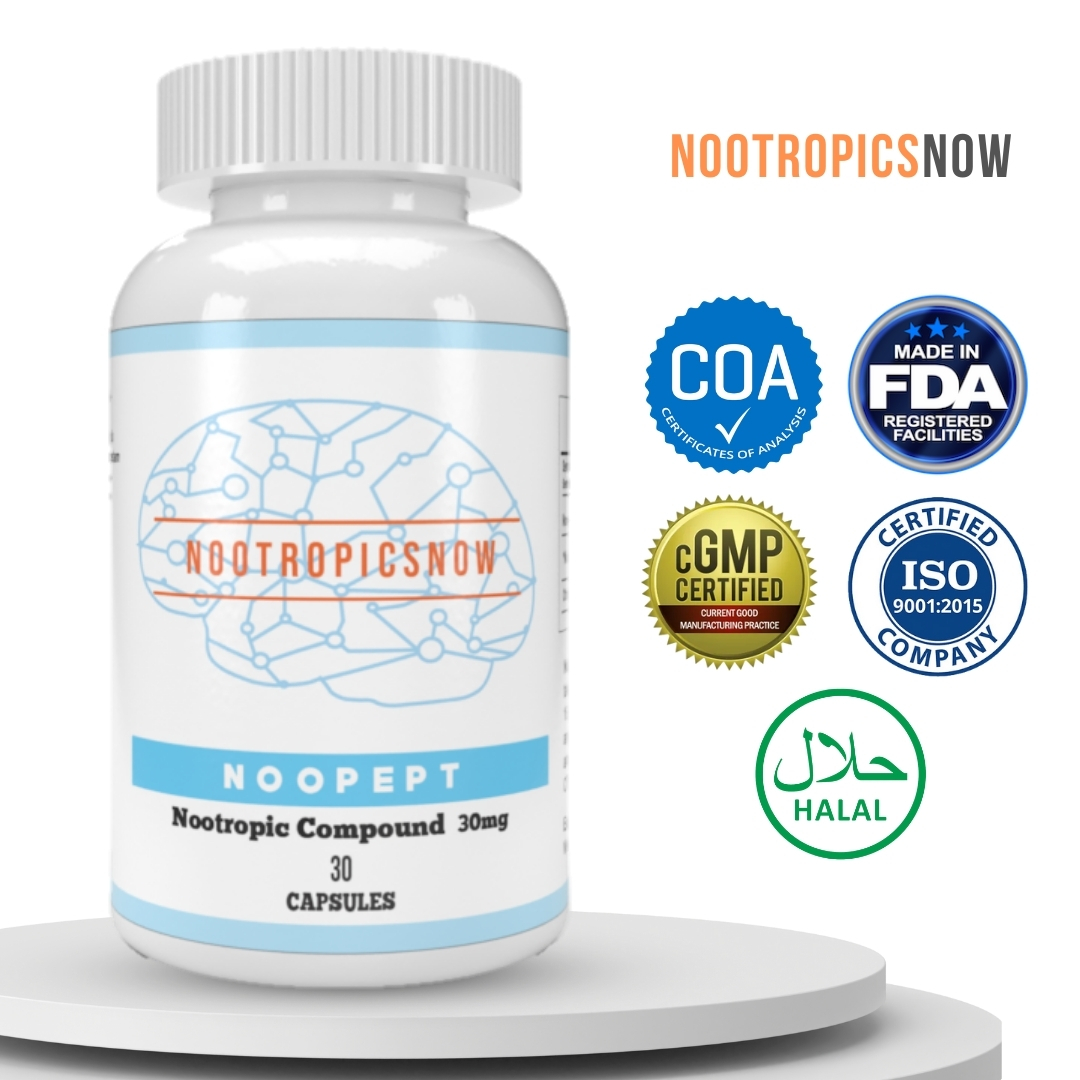
View Product
Oxiracetam:
Mechanism of Action: Oxiracetam is a water-soluble ampakine nootropic, meaning it modulates AMPA receptors, a type of glutamate receptor, in the brain. By enhancing AMPA receptor activity, Oxiracetam increases neuronal excitability and improves cognitive function. It also increases acetylcholine levels and boosts ATP synthesis in brain cells, providing more energy for cognitive processes. Oxiracetam can significantly improve cognition, memory, sensory perception, reflexes, and motivation.
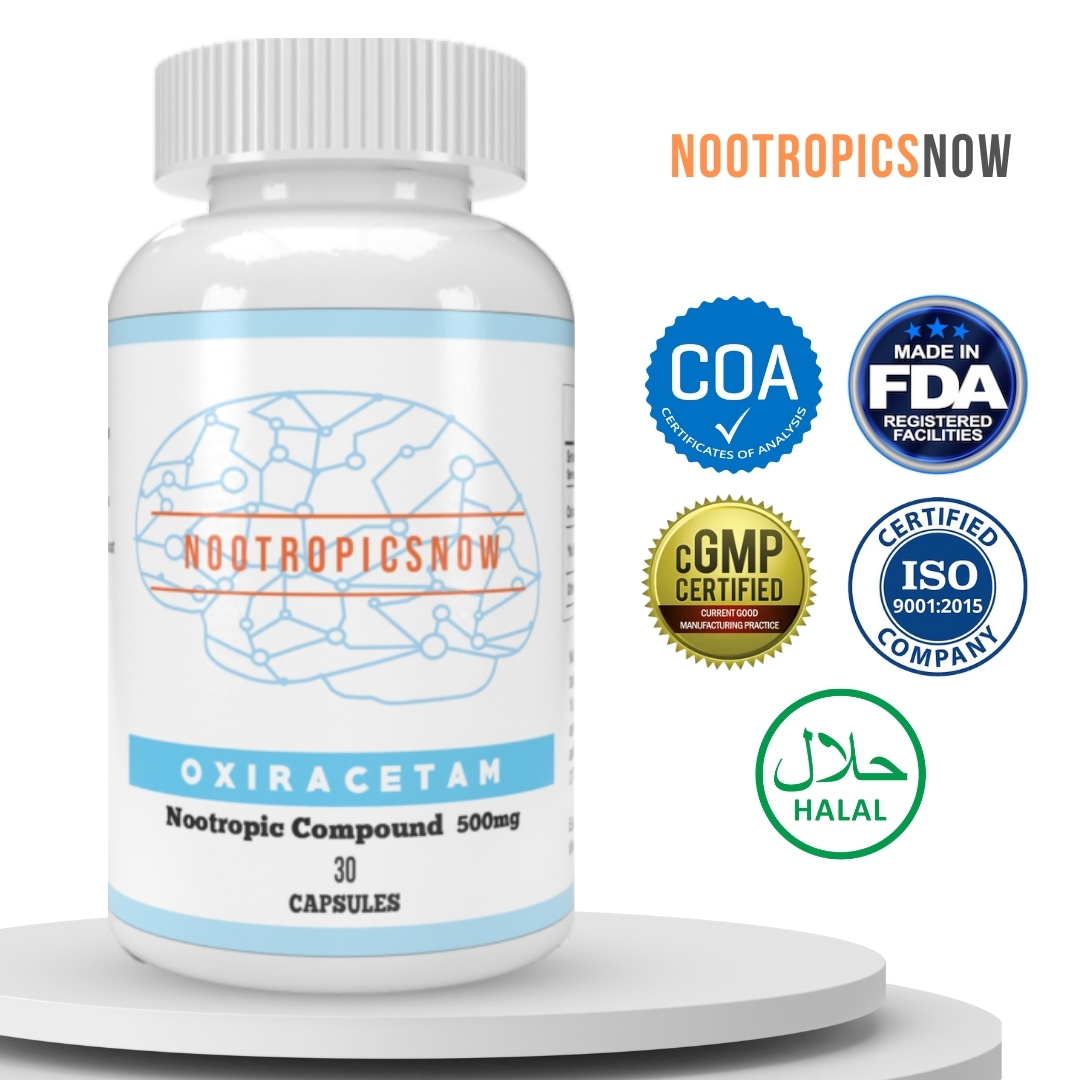
View Product
Ginkgo Biloba:
Mechanism of Action: Ginkgo Biloba is an herbal extract believed to enhance cognitive function through several mechanisms. Primarily, it improves blood flow to the brain, ensuring that neurons receive adequate oxygen and nutrients. It also possesses antioxidant and anti-inflammatory properties, protecting brain cells from damage. Ginkgo Biloba indirectly supports brain health and motivation by optimizing cerebral circulation and reducing inflammation.

View Product
Acetyl L-Carnitine HCl (ALCAR):
Mechanism of Action: ALCAR is a modified amino acid that plays a crucial role in energy metabolism. It helps transport fatty acids into the mitochondria, the powerhouses of cells, where they can be burned for energy. By increasing energy production in the brain, ALCAR can improve focus and motivation. It also exhibits antioxidant properties, protecting brain cells from oxidative stress. ALCAR supports overall brain health and function by providing the necessary fuel and protection.
Building an Effective Nootropic Stack for Motivation
Combining nootropics, known as “stacking,” can amplify their individual benefits and address multiple aspects of motivation simultaneously. Here are some effective stacks:
Focus and Drive: NALT + Caffeine + L-Theanine. This stack combines the dopamine-boosting effects of NALT with the alertness of caffeine and the calming effects of L-Theanine, creating a balanced and focused motivational boost.
Stress Reduction and Motivation: Rhodiola Rosea + L-Theanine + Lion’s Mane. This combination leverages the adaptogenic properties of Rhodiola Rosea, the relaxing effects of L-Theanine, and the neuroprotective effects of Lion’s Mane to combat stress and enhance motivation.
Memory and Cognition: Citicoline + Oxiracetam. This stack enhances memory, focus, and overall cognitive function, providing a solid foundation for motivation.
Safety Precautions and Potential Side Effects
While nootropics offer a promising approach to enhancing motivation, it’s crucial to prioritize safety and be aware of potential side effects. Natural nootropics generally have minimal side effects and are less likely to cause addiction compared to synthetic stimulants. However, individual responses can vary, and it’s important to start with low doses and gradually increase as needed.
Potential side effects can include:
Headaches: Some nootropics, especially racetams like Oxiracetam, can cause headaches, which can often be mitigated by choline supplementation.
Anxiety: Stimulants like caffeine can trigger anxiety in some individuals. L-Theanine can help to counter this effect.
Insomnia: Stimulating nootropics can interfere with sleep if taken too close to bedtime.
Digestive Issues: Some nootropics can cause mild digestive discomfort.
The Importance of Lifestyle Factors
Nootropics are not a magic bullet. They work best when combined with a healthy lifestyle that includes:
Adequate Sleep: Prioritize 7-9 hours of quality sleep per night to support optimal brain function.
Healthy Diet: Consume a balanced diet rich in fruits, vegetables, whole grains, and lean protein.
Regular Exercise: Engage in regular physical activity to improve mood, reduce stress, and boost brain health.
Stress Management: Practice stress-reducing techniques such as meditation, yoga, or deep breathing exercises.
Consulting a Healthcare Professional
Before starting any new supplement regimen, especially one involving nootropics, consulting a healthcare professional is highly recommended. A qualified healthcare provider can assess your individual needs, review your medical history, and identify any potential interactions with existing medications.
Conclusion: Nootropics as a Tool for Motivation
Nootropics offer a valuable tool for enhancing motivation by influencing neurotransmitter pathways and optimizing brain function. By carefully selecting nootropics, combining them strategically, and prioritizing safety, individuals can support their natural dopamine production and achieve a greater sense of drive, focus, and accomplishment. Remember to combine nootropics with a healthy lifestyle and consult a healthcare professional for personalized guidance. With the right approach, nootropics can help you unlock your full potential and achieve your goals.
Nootropics for Motivation: Fueling Your Drive and Focus
Motivation, the driving force behind our actions and achievements, often fluctuates due to various factors, including stress, fatigue, and even nutritional deficiencies. In the quest for sustained motivation and focus, many individuals are exploring nootropics, also known as “smart drugs” or cognitive enhancers. These substances aim to enhance cognitive functions, including motivation, alertness, and mental clarity, by modulating neurotransmitters and supporting overall brain health.
Understanding the Neuroscience of Motivation
To effectively utilize nootropics for motivation, it’s essential to understand the underlying neurochemical processes that govern drive and focus. Key neurotransmitters play pivotal roles in these processes.
Dopamine: Often hailed as the “motivation molecule,” dopamine is a crucial neurotransmitter in the brain’s reward and pleasure centers. It reinforces behaviors that lead to positive outcomes, creating a cycle of motivation and achievement. Deficiencies in dopamine are linked to apathy, lack of focus, and reduced motivation.
Norepinephrine: This neurotransmitter is closely related to dopamine and plays a significant role in alertness, arousal, and focus. It helps regulate the body’s “fight or flight” response, enabling individuals to respond effectively to challenging situations.
Acetylcholine: This neurotransmitter is essential for cognitive functions, including memory, learning, and attention. It supports the communication between nerve cells, facilitating optimal brain performance.
The Role of Nootropics in Modulating Neurotransmitters

Nootropics can influence these neurotransmitter systems in various ways, directly or indirectly impacting motivation and focus. Some nootropics act as precursors to neurotransmitters, while others enhance receptor sensitivity or promote the synthesis and release of these chemicals.
Precursors: These substances provide the building blocks for neurotransmitter production. For example, L-Tyrosine is a precursor to dopamine and norepinephrine.
Receptor Modulators: Some nootropics enhance the sensitivity of neurotransmitter receptors, making the brain more responsive to the effects of these chemicals.
Neuroprotective Agents: These nootropics protect brain cells from damage and oxidative stress, supporting overall brain health and cognitive function.
Top Nootropics for Enhancing Motivation
The realm of nootropics offers a wide array of options for boosting motivation and focus. However, it’s crucial to choose substances that are safe, effective, and tailored to your specific needs.
1. N-Acetyl L-Tyrosine (NALT)
NALT is a highly bioavailable form of L-Tyrosine, an amino acid that serves as a precursor to dopamine and norepinephrine. By increasing the availability of these neurotransmitters, NALT can enhance motivation, mental alertness, and focus, especially during periods of stress or sleep deprivation. Many users report increased productivity and improved mood when taking NALT. Moreover, it helps support overall dopamine levels.
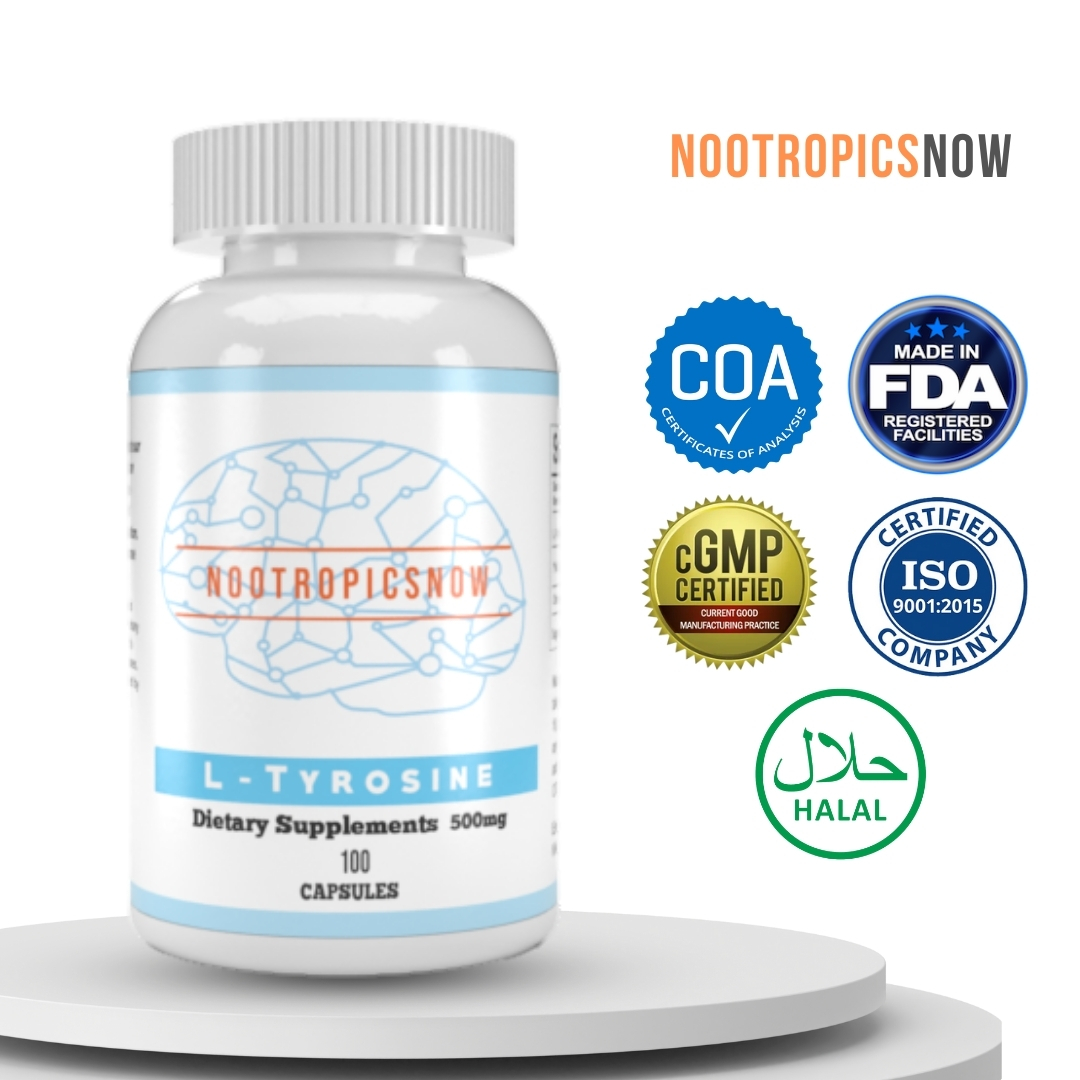
View Product
2. L-Theanine
L-Theanine is an amino acid found primarily in green tea. It’s known for its calming and relaxing effects, but it can also enhance focus and cognitive function. L-Theanine promotes the production of alpha brain waves, which are associated with a state of relaxed alertness. This can help individuals stay focused and motivated without experiencing jitters or anxiety. Further research suggests that L-Theanine might support dopamine levels, indirectly improving motivation.
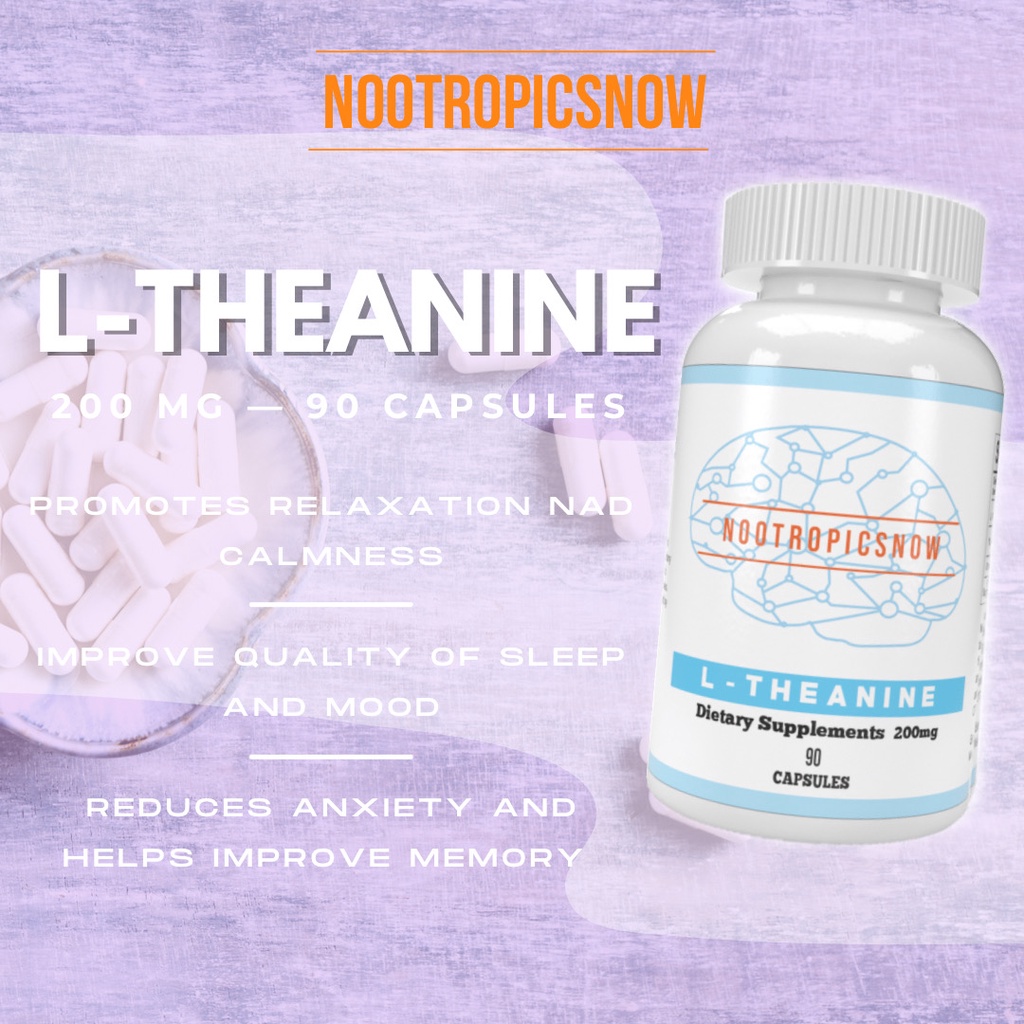
View Product-Nootropic-Brain-Support-Booster-Memory-Sleep-Supplement-i.202321183.5451568422)
3. Rhodiola Rosea
Rhodiola Rosea is an adaptogenic herb that has been used for centuries to combat stress, fatigue, and improve mental performance. It’s believed to work by modulating the levels of various neurotransmitters, including dopamine, serotonin, and norepinephrine. Rhodiola Rosea can enhance motivation, reduce fatigue, and improve overall cognitive function, making it a popular choice for individuals seeking a natural boost. Specifically, this herb enhances both dopamine synthesis and receptor sensitivity.
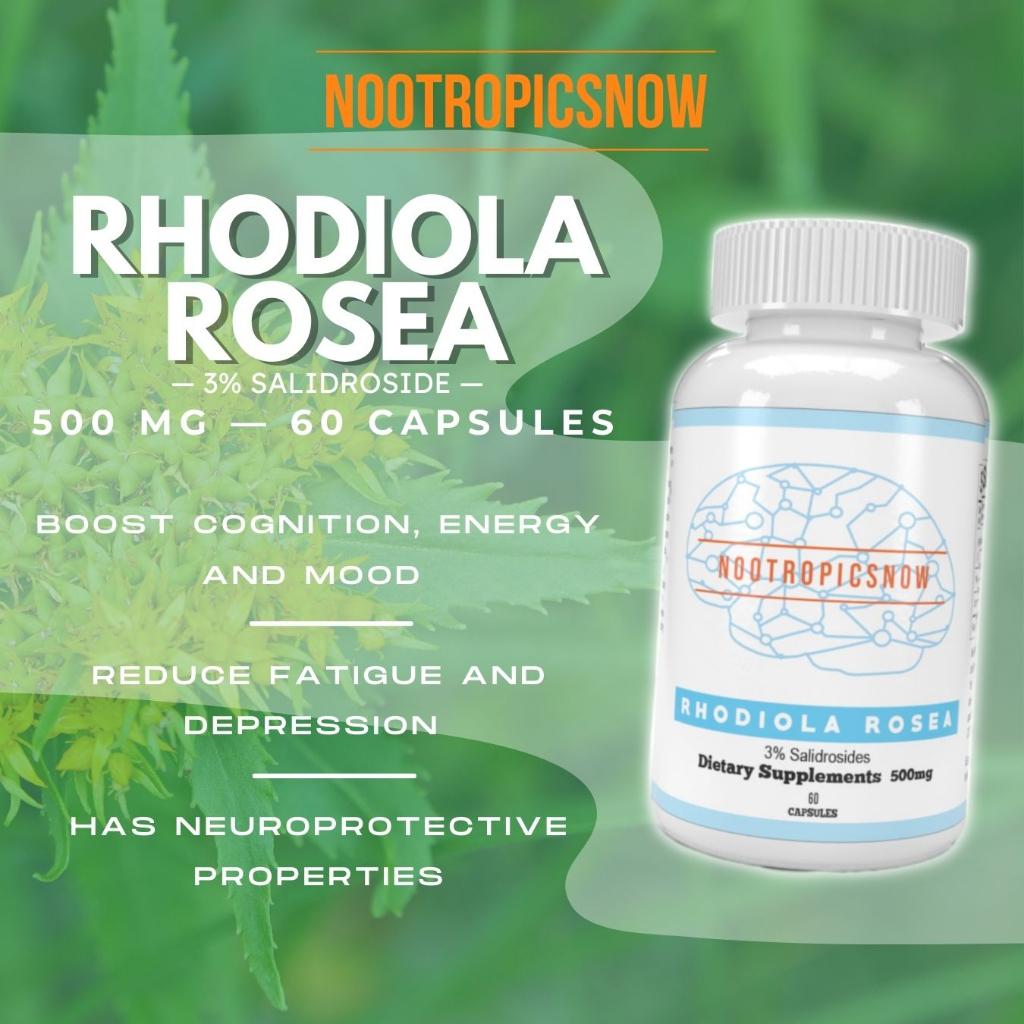
View Product-Nootropic-Brain-Booster-Energy-Mood-i.202321183.22939543235)
4. Citicoline (CDP-Choline)
Citicoline is a naturally occurring compound that plays a crucial role in brain health. It’s a precursor to phosphatidylcholine, a major component of cell membranes. Citicoline supports the synthesis of acetylcholine, a neurotransmitter essential for memory, learning, and attention. It also enhances dopamine activity, which can contribute to increased motivation and focus. Many users report improved mental clarity, energy levels, and overall cognitive function when taking citicoline. Citicoline functions by supporting dopamine activity through multiple brain pathways, enhancing both energy and various aspects of cognition.
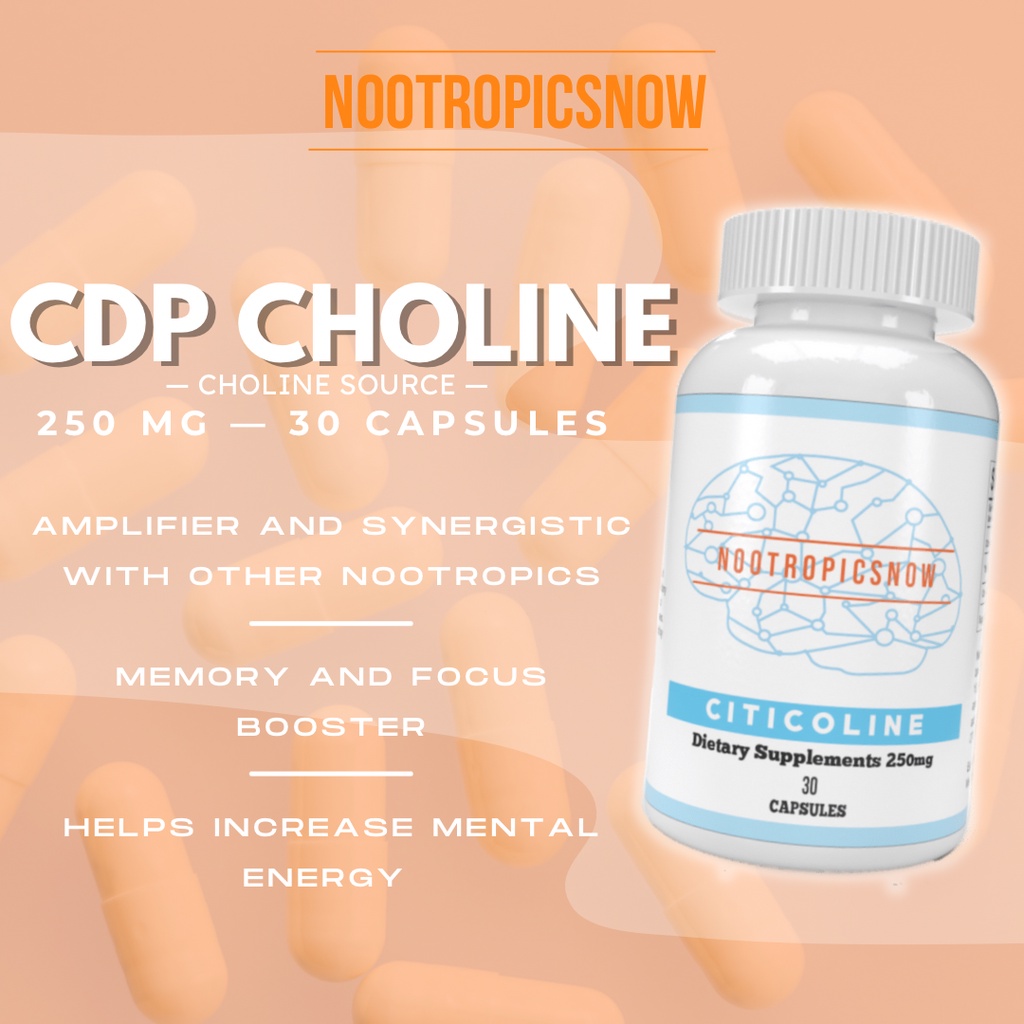
View Product-Nootropic-Brain-Support-Booster-Memory-Focus-Supplement-i.202321183.6952177161)
5. Lion’s Mane Mushroom
Lion’s Mane is a medicinal mushroom known for its neuroprotective and cognitive-enhancing properties. It contains compounds called hericenones and erinacines, which stimulate the growth of nerve cells in the brain. Lion’s Mane can improve memory, focus, and overall cognitive function. Moreover, it has been shown to have mood-boosting effects, which can indirectly enhance motivation. Lion’s Mane may also help restore dopamine levels, promoting both mental clarity and sustained motivation.
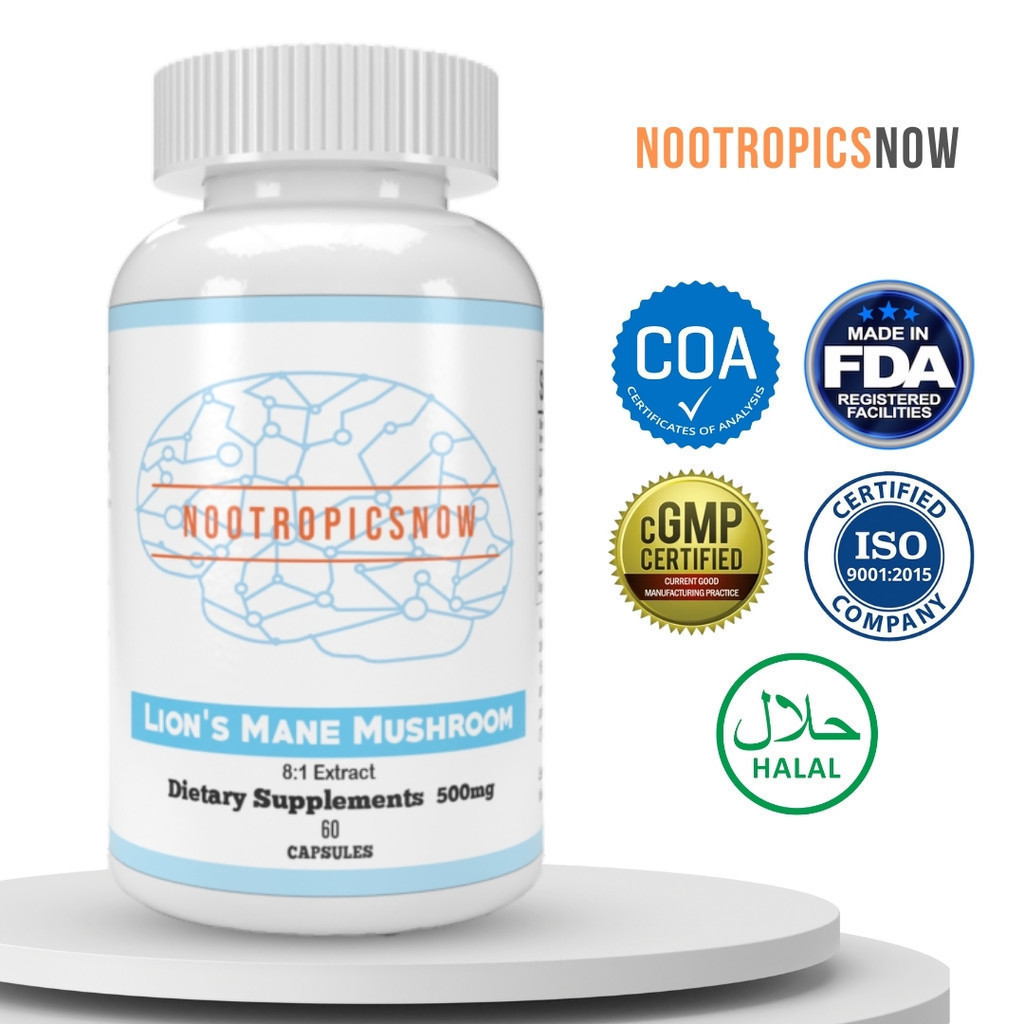
View Product
6. Caffeine
Caffeine is a well-known stimulant that increases alertness, energy, and focus. It works by blocking adenosine receptors in the brain, which reduces feelings of fatigue and promotes wakefulness. Caffeine also increases dopamine levels, which contributes to its motivational effects. However, it’s crucial to use caffeine in moderation, as excessive intake can lead to anxiety, jitters, and dependence. The ability of caffeine to raise dopamine levels is key to its reputation for boosting alertness, energy, and motivation.
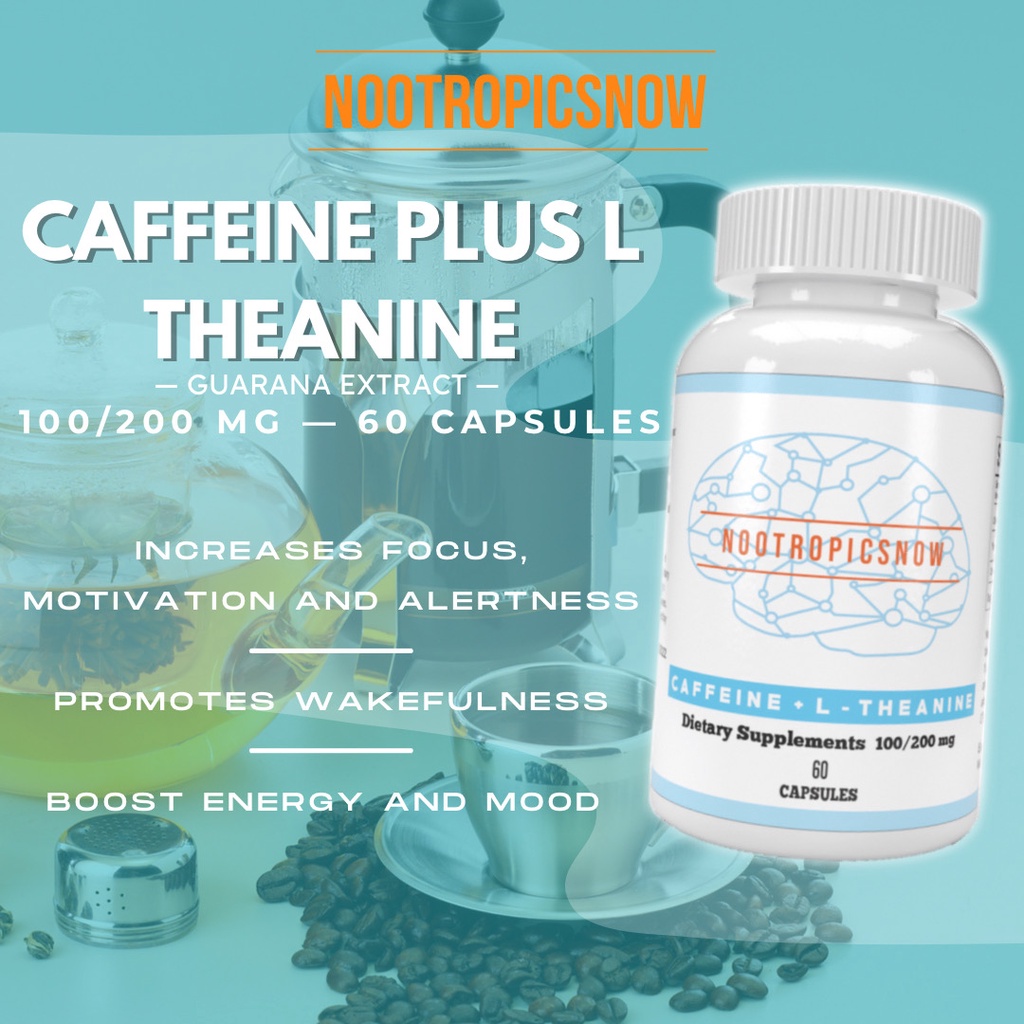
View Product-(60-capsules-30-servings)-Nootropic-Brain-Booster-i.202321183.4251327469)
Other Notable Nootropics for Motivation and Focus
While the above nootropics are among the most popular and well-researched options, other substances may also offer potential benefits for enhancing motivation and focus.
Noopept: This potent nootropic is a peptide derivative that enhances cognitive function, memory, and learning. It’s believed to work by increasing brain-derived neurotrophic factor (BDNF), a protein that supports the growth and survival of nerve cells. Noopept also stimulates dopamine, nicotinic, and serotonin receptors, enhancing energy, cognition, mood, and motivation.
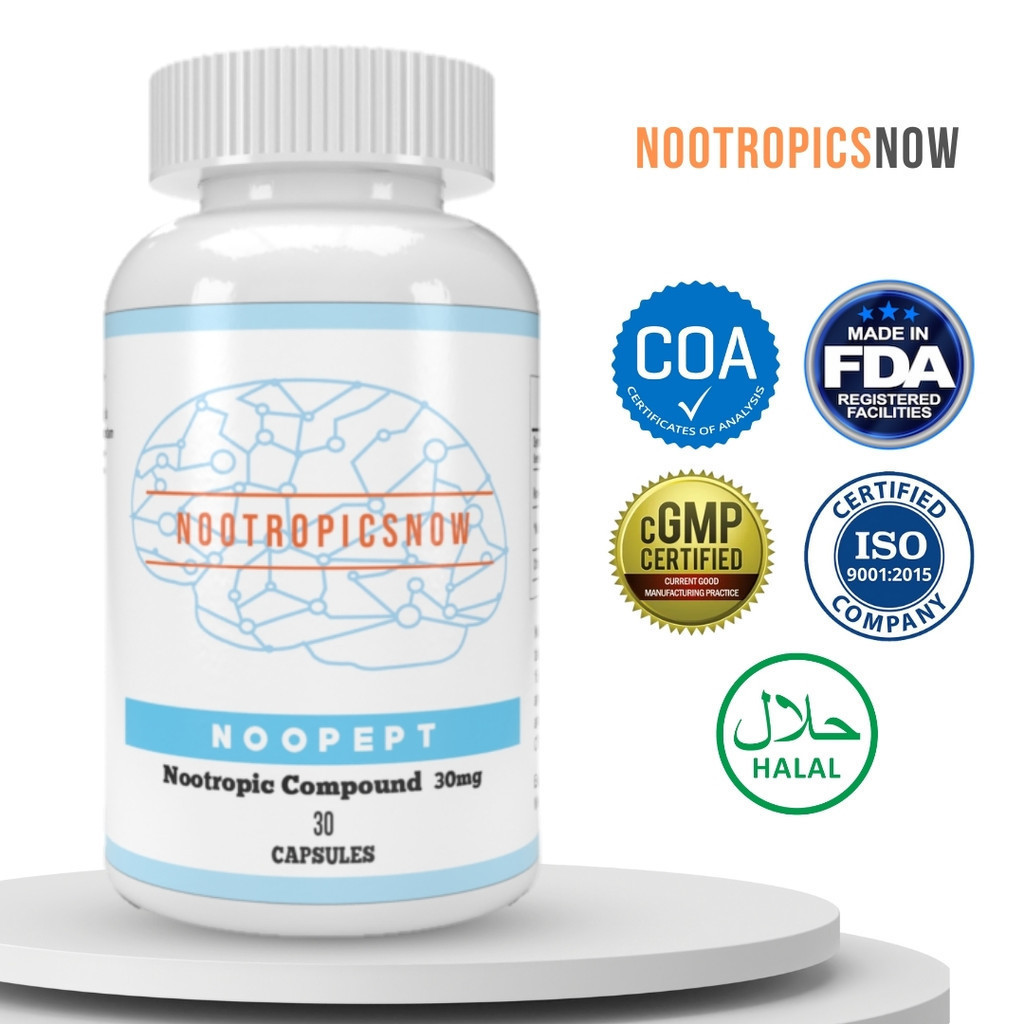
View Product
Oxiracetam: This synthetic nootropic is known for its cognitive-enhancing effects. It’s believed to work by modulating AMPA receptors, which are involved in synaptic plasticity and learning. Oxiracetam also increases acetylcholine levels and boosts ATP synthesis in brain cells, resulting in improved cognition, memory, sensory perception, reflexes, and motivation.
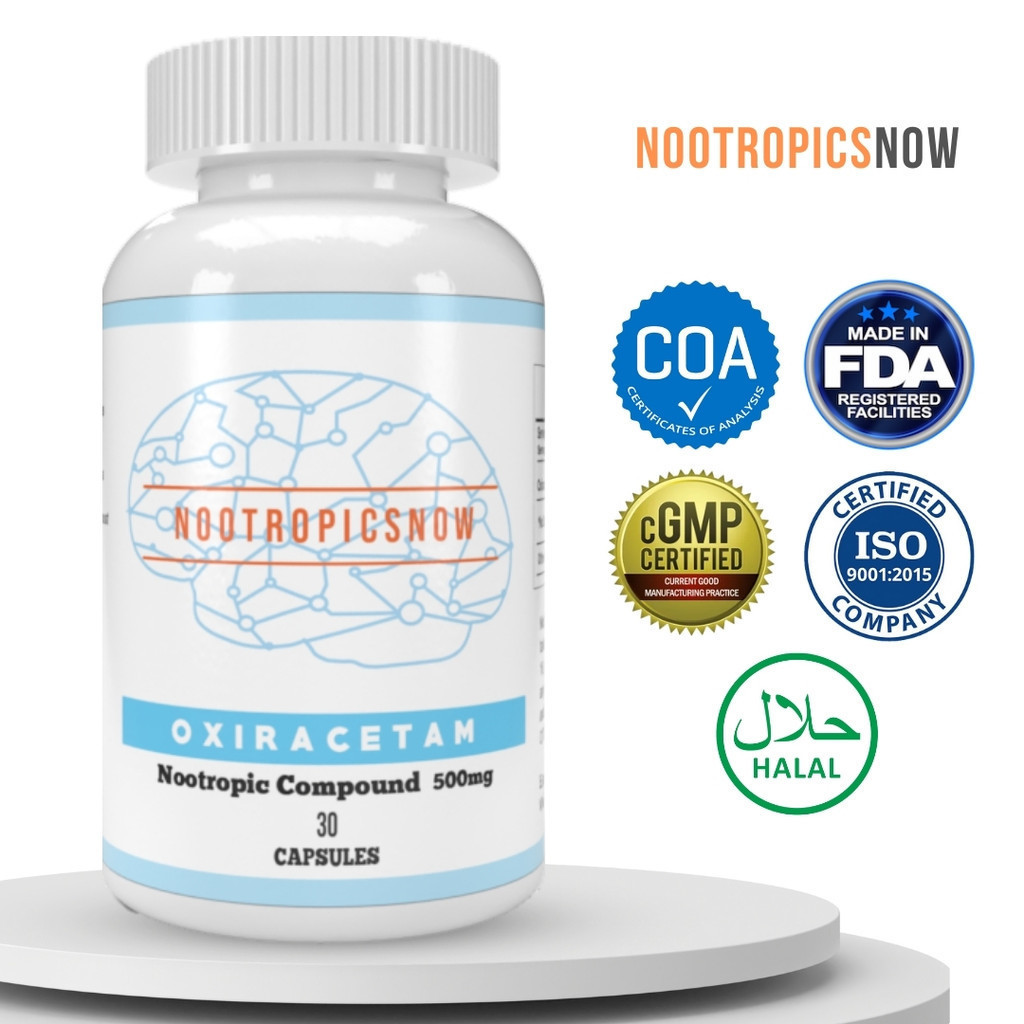
View Product
Ginkgo Biloba: This herbal extract is derived from the leaves of the Ginkgo Biloba tree. It’s believed to have cognitive-enhancing effects by improving blood flow to the brain and reducing inflammation. Ginkgo Biloba can improve memory, attention, and overall cognitive function, indirectly supporting motivation.
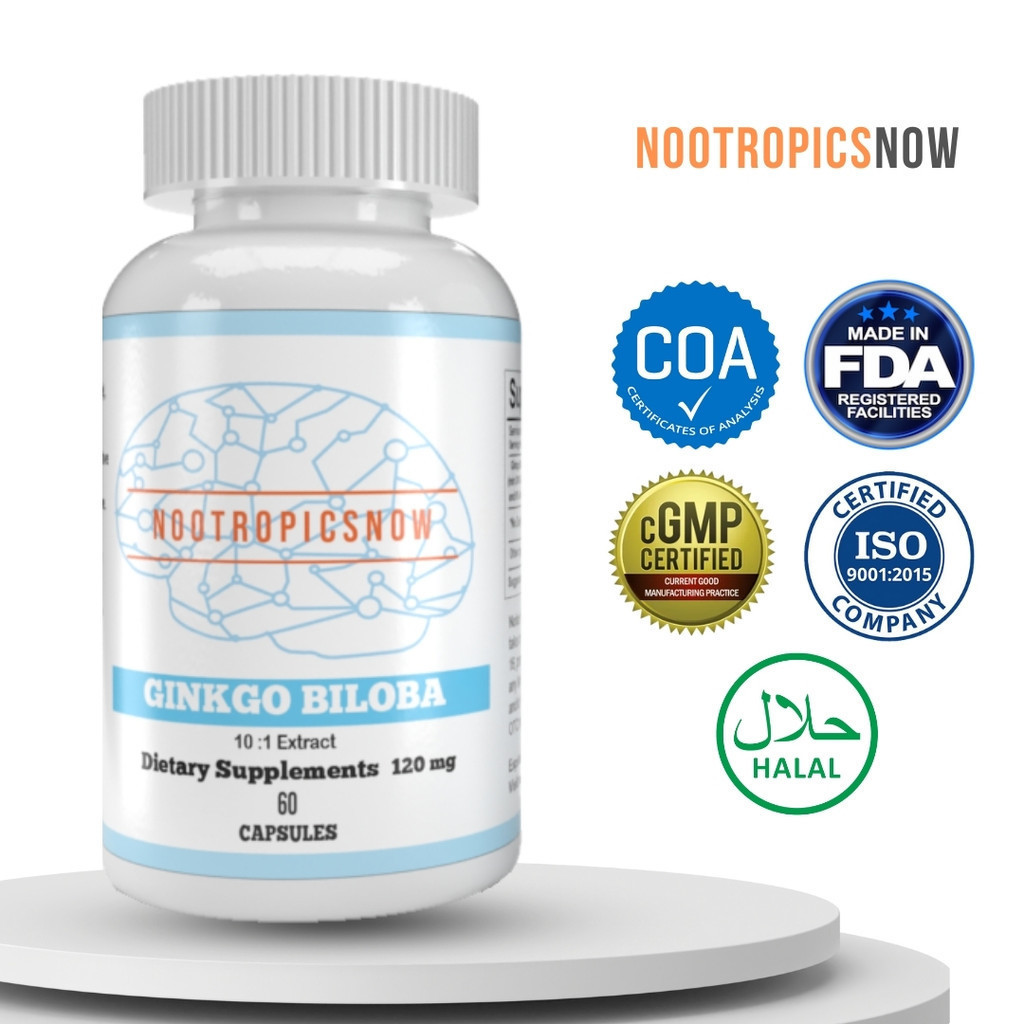
View Product
Acetyl L-Carnitine HCl (ALCAR): This amino acid derivative plays a crucial role in energy production. It helps transport fatty acids into the mitochondria, where they can be burned for energy. ALCAR is thought to improve focus and motivation by providing the brain with more energy.
Optimizing Nootropic Use for Motivation
To maximize the benefits of nootropics for motivation and focus, it’s essential to adopt a strategic and individualized approach.
Start with Research: Thoroughly research different nootropics, considering their mechanisms of action, potential benefits, and side effects.
Consult a Healthcare Professional: Before starting any new supplement regimen, consult with a healthcare professional to ensure that it’s safe and appropriate for your individual needs.
Start with Low Doses: Begin with low doses of each nootropic and gradually increase the dosage as needed to assess your tolerance and response.
Monitor Your Progress: Keep a journal to track your experiences, noting any changes in motivation, focus, mood, and cognitive function.
Cycle Nootropics: To prevent tolerance and maintain effectiveness, consider cycling nootropics by taking breaks between periods of use.
Combine Nootropics Strategically: Certain nootropics can be combined to enhance their effects. However, it’s essential to research potential interactions and exercise caution.
Prioritize Lifestyle Factors: Nootropics are most effective when combined with a healthy lifestyle that includes a balanced diet, regular exercise, sufficient sleep, and stress management techniques.
Safety Considerations and Potential Side Effects
While nootropics are generally considered safe when used responsibly, it’s crucial to be aware of potential side effects and safety considerations.
Side Effects: Common side effects of nootropics include headaches, nausea, anxiety, insomnia, and digestive issues. These side effects are typically mild and transient, but they can be minimized by starting with low doses and adjusting as needed.
Interactions: Nootropics can interact with certain medications, so it’s essential to inform your healthcare provider about all supplements you’re taking.
Dependence: While nootropics are not typically considered addictive, some individuals may develop a psychological dependence on them. It’s essential to use nootropics responsibly and avoid over-reliance on them.
Quality Control: Purchase nootropics from reputable sources to ensure that you’re receiving high-quality products that are free from contaminants.
Integrating Nootropics into a Holistic Approach to Motivation
Nootropics can be a valuable tool for enhancing motivation and focus, but they are most effective when integrated into a holistic approach to well-being. This approach should include:
Balanced Diet: A diet rich in fruits, vegetables, whole grains, and lean protein provides the brain with the nutrients it needs to function optimally.
Regular Exercise: Physical activity increases blood flow to the brain and promotes the release of endorphins, which have mood-boosting effects.
Sufficient Sleep: Getting adequate sleep is crucial for cognitive function, memory consolidation, and overall well-being.
Stress Management: Chronic stress can impair cognitive function and reduce motivation. Techniques such as meditation, yoga, and deep breathing can help manage stress levels.
Mindfulness Practices: Mindfulness practices, such as meditation and mindful breathing, can enhance focus, attention, and emotional regulation.
Goal Setting and Planning: Setting clear goals and creating a plan to achieve them can provide a sense of purpose and direction, boosting motivation.
The Future of Nootropics and Motivation
The field of nootropics is constantly evolving, with new substances and research emerging regularly. As our understanding of the brain and its neurochemical processes deepens, we can expect to see even more targeted and effective nootropics for enhancing motivation and focus. Furthermore, personalized nootropic regimens tailored to individual needs and genetic profiles may become increasingly common.
Conclusion: Unleashing Your Potential with Nootropics
Nootropics offer a promising avenue for enhancing motivation and focus by influencing neurotransmitter pathways and supporting overall brain health. By choosing the right nootropics, using them responsibly, and integrating them into a holistic approach to well-being, individuals can unlock their full potential and achieve their goals with greater ease and efficiency. Whether you’re looking to overcome procrastination, boost productivity, or simply enhance your daily performance, exploring the world of nootropics can be a rewarding and transformative experience.












